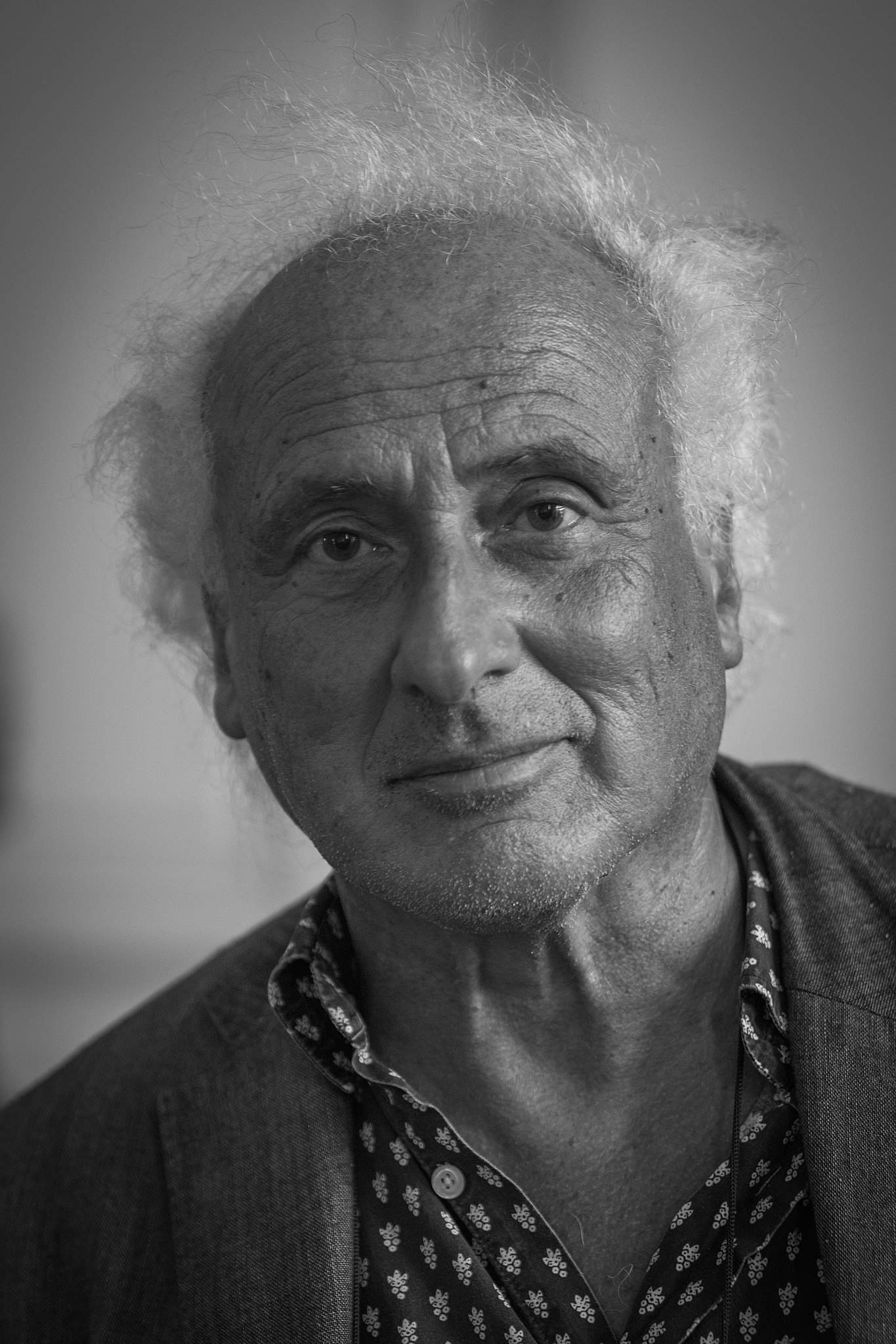Writer Stefano Benni, one of the most original and recognizable figures in contemporary Italian fiction and satire, an author who left his mark on Italian culture with works capable of combining lightness and commitment, fantasy and satire, in a unique and unmistakable style, has passed away in Bologna at the age of 78. Giving news of the passing was his son Niclas: “It is with great sorrow,” he wrote on the Facebook page of Benni’s fanclub, “that I have to give news of my father’s passing. He had been suffering for some time from a serious illness that had kept him away from public life. One thing Stefano had told me several times was that he would have liked people to remember him by reading his stories aloud. As some of you may know, Stephen was very fond of reading as an art form, reading aloud-often accompanied by musicians. So, if you want to remember him, I invite you these days to read Stephen’s works that you care most about to those close to you, friends, children, lovers and relatives. I’m sure that, from up there, seeing an army of readers sharing their love for what he created would surely get a big laugh out of them.”
Born in Bologna on August 12, 1947, and raised between the city and the towns of the Apennines, Benni soon developed a sensibility attentive both to popular language and to the cultural transformations after World War II. His education was marked by contact with oral traditions, everyday humor and a social environment in which irony and criticism were naturally intertwined, elements that would later find their way into his writing.

His debut came in the world of journalism and satirical magazines. He collaborated with nationally prominent newspapers such as Il Manifesto, L’Espresso, Panorama and La Repubblica, and was among the signatures of the weekly satirical magazines Cuore and Tango. He also worked with comics and popular culture magazines such as Linus and Il Mago, which gave him the opportunity to experiment with writing on the borderline between short story, parody and surreal invention. It was in Il Mago that he serialized what would become his first successful book, Bar Sport (1976), an ironic and grotesque portrait of the Italian province through the microcosm of a bar populated by memorable figures.
From then on, his literary output consolidated and diversified. The following years saw the release of novels and collections that marked entire generations of readers, such as Terra! (1983), Comedians Frightened Warriors (1986), The Company of the Celestines (1992), Elianto (1996), Spirits (2000), Saltatempo (2001), Daisy Turtleneck (2005), Bread and Storm (2009), Of All Riches (2012). His works combine different linguistic registers, combining comedy, fantastic invention and social satire. Many critics have pointed out how Benni was able to construct an autonomous narrative universe, populated by recurring characters, neologisms, and situations bordering on the surreal, traceable to a style often referred to as “bennian.”
The success of his books was remarkable, with hundreds of thousands of copies sold in Italy and translations into some 20 languages. This made him one of the most widely read Italian writers abroad, while maintaining strong roots in the national culture and language. In addition to fiction, Benni cultivated poetry, theater and screenwriting. He wrote poetry such as Prima o poi l’amore arriva (1981) and theater collections such as Teatro, Teatro 2, Le Beatrici and Misterioso, demonstrating versatility and interest in different artistic forms.
His commitment also extended to film. He collaborated on the screenplay of films such as Topo Galileo (1987), Music for Old Animals (1989, based on one of his plays) and Bar Sport (2011), in which he also appeared as an actor. His activity in show business confirmed his ability to adapt his writing to different languages, keeping his ironic and critical gaze intact.
In 2018, the Rome Film Festival presented the documentary Le avventure del Lupo - La storia quasi vera di Stefano Benni (The Adventures of the Wolf - The Almost True Story of Stefano Benni), which traced his career and reprised the nickname by which the writer was known since childhood. That name, “Wolf,” came from episodes in his youth in the Apennines and over time became a hallmark of his public persona.
In his later years Benni continued to write and publish, maintaining a constant relationship with his readers. His most recent works include Dancing Paradise (2019) and Jura (2020), confirming a production that never stopped, even though he faced a long illness in recent times that had gradually removed him from public life. His death closed the parable of one of the most innovative writers on our literary scene. “With the passing of Stefano Benni,” said Culture Minister Alessandro Giuli, “Italian culture loses one of its most original authors. A writer, humorist, journalist and playwright, he was able to recount our time with an unmistakable style capable of combining satire and poetry. A multifaceted and nonconformist figure, he left his mark on literature and entertainment. His works, translated into more than thirty languages, will continue to speak to readers and represent Italy abroad. To his family and collaborators come my personal condolences and those of the Ministry of Culture.”
 |
| Farewell to Stefano Benni, the author of Bar Sport, among Italy's most versatile writers |
Warning: the translation into English of the original Italian article was created using automatic tools. We undertake to review all articles, but we do not guarantee the total absence of inaccuracies in the translation due to the program. You can find the original by clicking on the ITA button. If you find any mistake,please contact us.